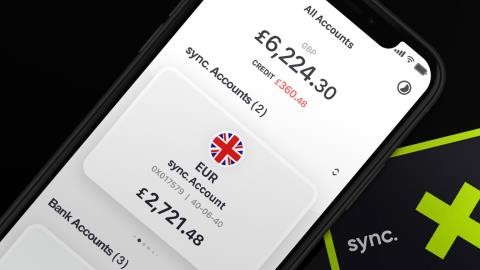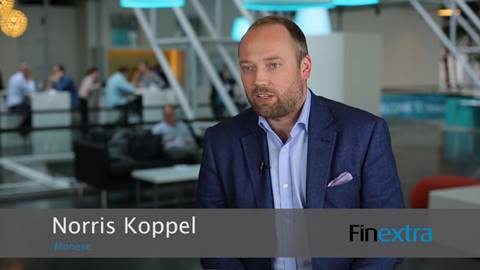Figures collated by M&A and corporate finance advisory firm Hampleton Partners show a 46 per cent increase on 1H2021 numbers (406 Fintech deals), and a massive 70 per cent increase on 1H2019 pre-pandemic figures (348 Fintech deals).
Meanwhile, valuations remained steady: 1H2022 saw the trailing 30-month median revenue multiple at 3.1x – broadly in line with the levels seen in the past two years.
Miro Parizek, founder and principal partner, Hampleton Partners, comments: “Fintech is proving to be a very attractive target for financial and strategic dealmakers, defying the broader global M&A slowdown.
“The availability of capital is driving buyers and investors to increase their acquisitions at a time when their pockets are full and high-growth fintech companies are being sold at all-time affordable prices. Any potential recession won’t dampen Fintech M&A as it did in 2008.”
The crypto and blockchain segment experienced a significant jump in the number of deals in the past 12 months, with a total of 107 transactions recorded, a 75 per cent growth year over year.
As blockchain technology enables monetisation in the metaverse, companies are piling in to create digital assets. In February, investment firm Republic Realm paid a record $4.3 million for land in Sandbox, currently the largest metaverse platform. In May 2022, US-based Descrypto Holdings acquired OpenLocker, a provider of an online NFT trading portal & marketplace for $11 million.
Open banking is another sector witnessing increased M&A activity, with the number of users expect to increase five-fold to 64 million consumers by 2024. Embedded finance provided by companies such as Stripe, Clearpay and Clear Bank, is also on the rise with transaction values expected to hit $7.2 tillion by 2030.
Miro Parizek continues: “Many fintech companies raised significant investment capital recently. Some will grow and mature to become serial acquirers in their niches. Many other Fintechs will be sellers in what continues to be an attractive M&A market.
“As increasing numbers of private fintech companies run out of money needed to fuel and maintain their operations, their options will be to raise capital from venture capital firms; sell to private equity or strategic acquirers; or entirely shut down business operations. These options make a sale appear attractive.
“At the same time, public companies with massive capital and PE with large amounts of dry powder, well financed late-stage high-growth private companies, and traditional financial services companies looking to remain relevant, are on the lookout for good assets in the sector.
“These two sides of the equation are bound to increase overall M&A activity in the fintech sector.”,Global Fintech M&A rose sharply in the first half of 2022 with 591 recorded deals, as bargain hunters shop around for deals at discounted prices.,









